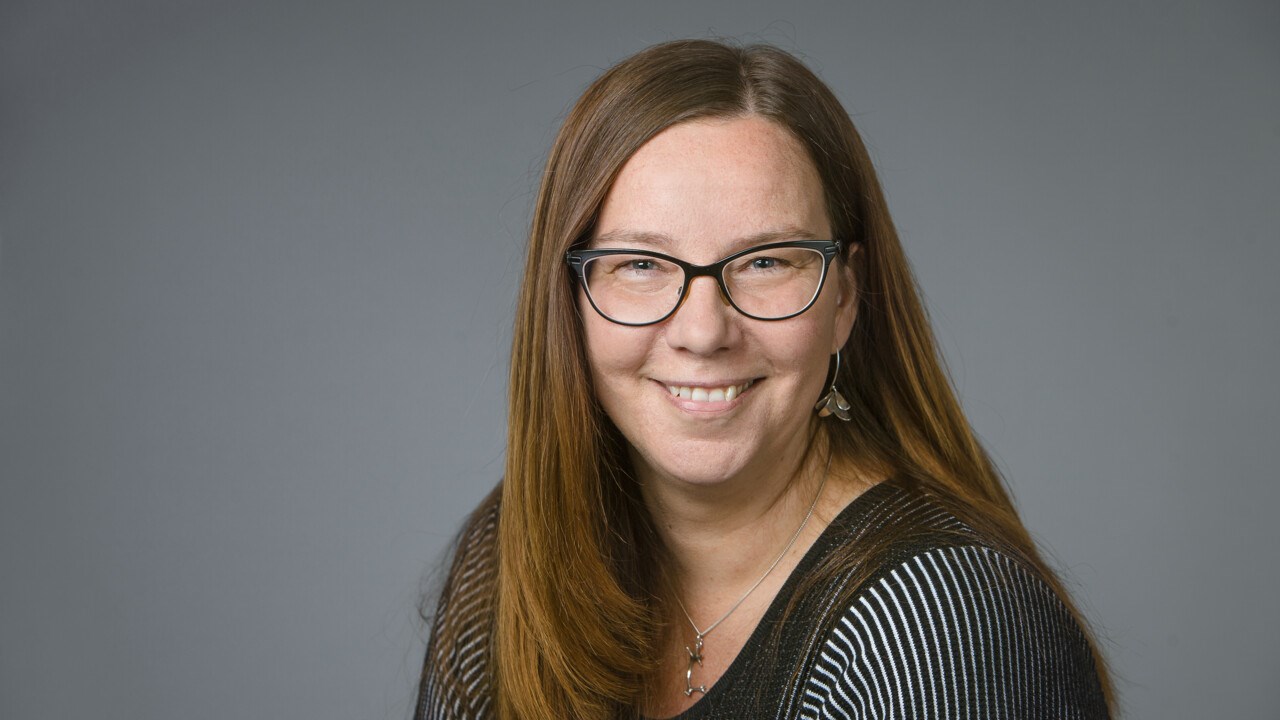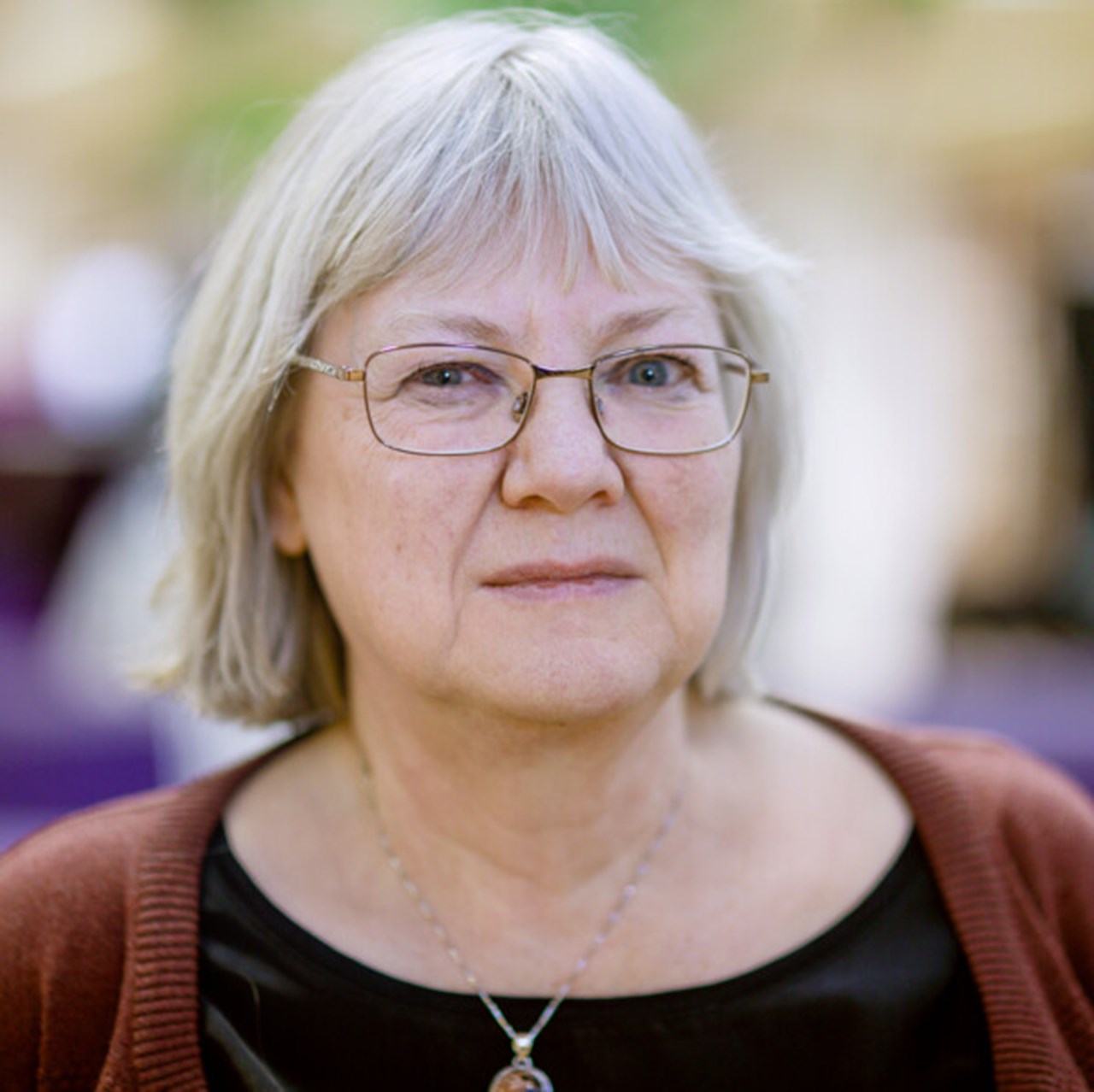Summary of conclusions
The researchers have reached several conclusions regarding the management of cases.
In summary:
1) The processing is difficult to grasp. There is a lack of follow-up and overall statistics.
2) Many actors are involved in the cases, there are deviations and decoupling from the formal procedure. (An actor can be several people, such as colleagues.)
3) There is low trust and poor communication between different actors. It becomes unclear about the mandate and allocation of work.
4) The legal process is at the centre of the administrative procedures and there is a lack of handling of cases that cannot, according to the law's definition, be classified as sexual harassment, even if what has happened can be clarified. This makes it difficult to implement other activities, such as support for the victim or to change the workplace's culture or working procedures.






